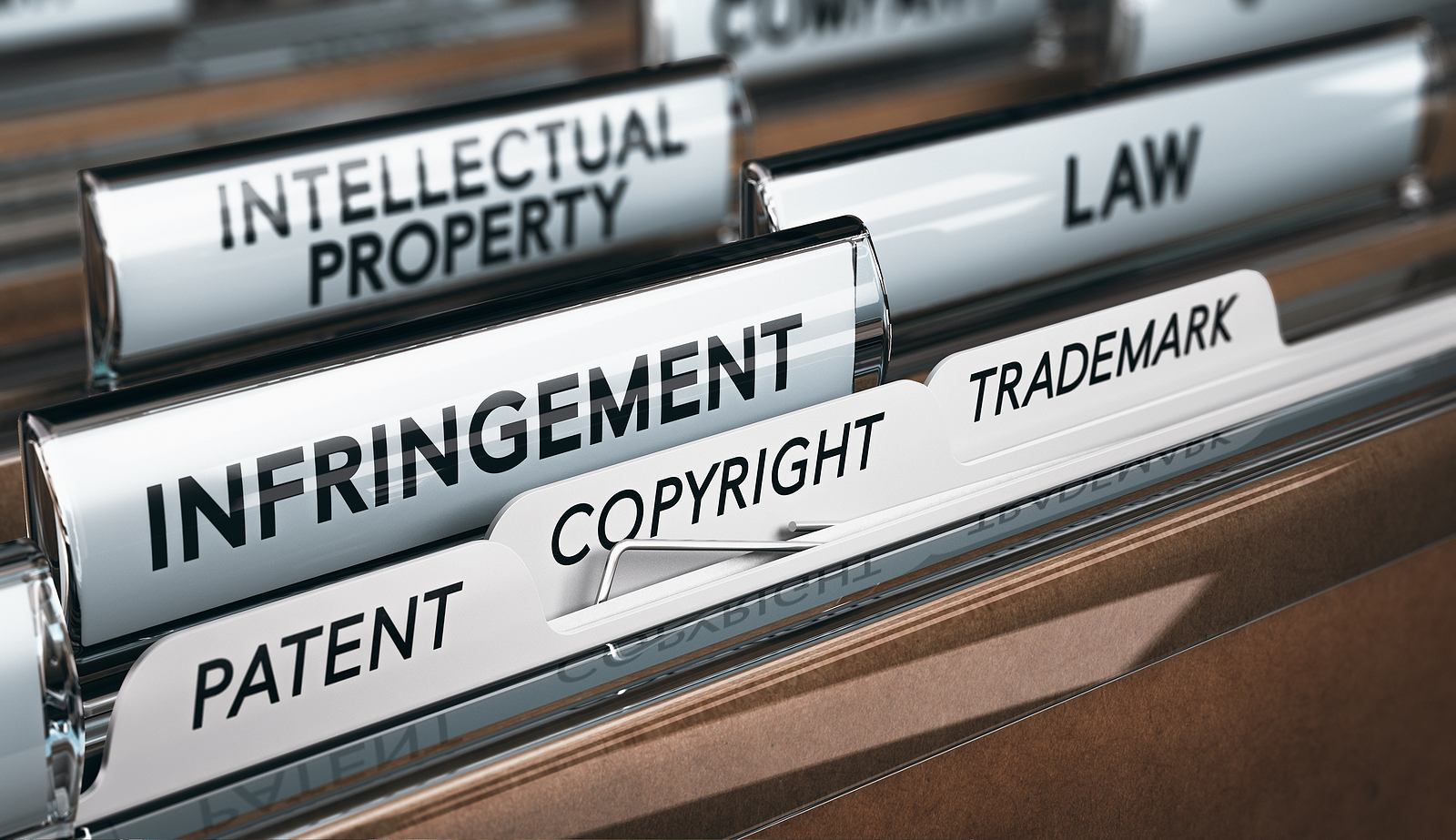Plagiarism and Copyright Issues in Your Marketing

When you see marketing content that works, it can be tempting to borrow it for your own. But that sticky-fingered content can come back to bite you in more ways than one. Not only can you get called out by the content creator, but you can also hear from their lawyers. The fallout from that can severely impact your brand and reputation, so learn the best practices when it comes to getting media and written content for your social media, website, and other marketing content without dealing with plagiarism and copyright issues.
Content Marketing and Plagiarism
A lot of marketing online, especially when it comes to your website and SEO, comes down to the written word. This blog article you’re reading is proof enough of that. But the highly searchable nature of the internet also means that plagiarism is both easy to do and easy to track down—it’s just a matter of quoting your text in Google. It can be tempting to just “borrow” text from other sources to impress readers and search engines alike—but the consequences can be both legal and reputational.
The Value of Citation on Blogs
A way to have your cake and eat it too is to use attribution when you want to use other people’s content. While media has specific requirements, for the written word the best option is to cite the information organically in your content (see how we did it for a LegalZoom article below). Some things to keep in mind:
- When to Attribute Content: Generally speaking, you’ll want to attribute when you’re citing specific information as opposed to general statements. So, talking about climate change having effects on the environment would not need attribution, but specific stats on temperature changes or greenhouse gases would.
- When to Blockquote: If you want to fully quote an article or individual, a block quote is a good option. Most content management platforms have a quote option; this makes attribution easier and helps provide variety in your blog’s content.
- SEO & Backlinks: Providing a full link to the relevant article isn’t just a good legal option—it’s good for SEO! Backlinks are outbound (from your site to another) links that Google and other SEO platforms track when determining page ranking for your website.
The Social Media Grey Zone
In the age of social media, reusing other people’s content is almost universal—but there’s a catch. On those platforms, this content’s copyright generally falls under “fair use” and its counterpart “fair dealing.” The first are the US exemptions to copyright for “transformative” work, such as in a review. The second is international law between the US and partner countries to help support different copyright laws. Both mean that content on social media (an international platform) comes under much less scrutiny than that on a website, though on certain platforms (such as YouTube) you may still need to abide by fair use laws. Learn more about both these topics and social media in this LegalZoom article.
Using Copyrighted Images in Your Content
While the written word has pretty straightforward rules regarding copyright, photography, and images (and by extension: video) have a more complicated set of rules governing them. As mentioned above, social media can be a grey zone, but when it comes to having images on your own website, the chance of getting cease-and-desist letters or even legal action skyrockets. No, you can’t just pull the first image off of Google to use in your own content: chances are it’s copyrighted.
Need to know more about the different kinds of copyrighted images online and when (and how) you can use them?
Check out the companion blog: Understanding Copyright: Using Images in Your Content Marketing!
Copyright Violations Aren’t Just a Legal Issue, They’re a Branding Issue
One thing often overlooked about the potential of copyright violations being leveled at your company is the damage they can do to your reputation. Being found out using other people’s content will hurt your reputation—not just in the sense of committing a crime, but also in undermining all your other work. How much of your expertise, your credibility, and your authenticity is actually your own? And of course, you’ll have to deal with other fallout, such as your liability insurance costs skyrocketing.
If you’re at the point in your business where you don’t have the time (often the most critical resource when it comes to marketing) to do it all yourself, consider hiring help. Vision Advertising is a full-service marketing agency, from consulting with you about the needs of your business and marketing to outsourcing the work you can’t do, be it blogs, photography, or social media. Contact us today to learn more and to schedule a consultation.
